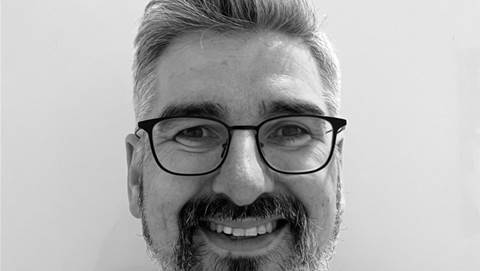
While the typical tenure of IT staff tends to be about 12 months, GSN boasts average tenures of six to seven years, Rodda said.
“When a person leaves, so much of that knowledge that you have gained just walks out the door and it really inhibits your capacity to move as a business,” he said.
“The key for us, and for anyone trying to hire technology people, is that you’ve got to keep them [employees]. The knowledge and skills that they acquire over time is valuable.”
Rodda speculated that technically-minded workers tend to demand stimulating, dynamic work environments that allow them to be constantly learning and applying new skills.
Creative, innovative people are especially hard to retain, he said, emphasising that these are the employees who are necessary in improving existing products and who play a vital role in growing future business.
“The challenge for anyone trying to build technology in-house is that the people who implement technology aren’t necessarily the people who want to stay around and manage it,” he said.
“It is a very different technology person who likes to create, architect and design, as opposed to someone who likes to just manage something that already exists.”
As a hosted contact centre provider, GSN develops customised Software as a Service (SAAS) products for medium to large sized contact centres requiring any number from 40 to thousands of seats.
GSN services contact centres across a range of industries including financial services, telecommunications and logistics, and existing clients include Virgin Mobile and Couriers Please.
Contact centres have evolved from the traditional cost-driven arm of business to a service-orientated sector, Rodda said, describing new technical complexities to do with performance management software and automation.
Each different system and each new client presents new opportunities for GSN employees to experience different aspects of technology, he explained.
“We have lots of customers, and every customer is a new opportunity for an employee to experience something different and to innovate, so employees get that real diversity,” he said.
“We have the philosophy of not pigeonholing people into one technology; we give them a go on lots of things. I think it’s an important part of why we are successful.”
Meanwhile, hiring still presents a difficulty to the company, Rodda said, lamenting a lack of technically-minded people who also have a commercial understanding.
He also blamed the Australian tertiary education system for not keeping up with industry demands.
“It’s generally a large investment in graduates to get them up to speed,” he said. “We hire graduates from time to time with the intention of investing in them to make them productive in two years time.”
“It’s about keeping people,” he said. “We don’t need to hire 50 people per year because we’re churning them; our people stay with us for a long time.”


























